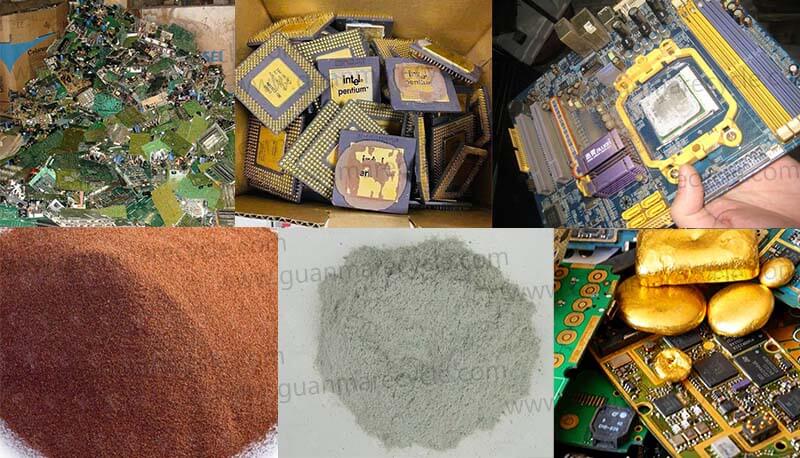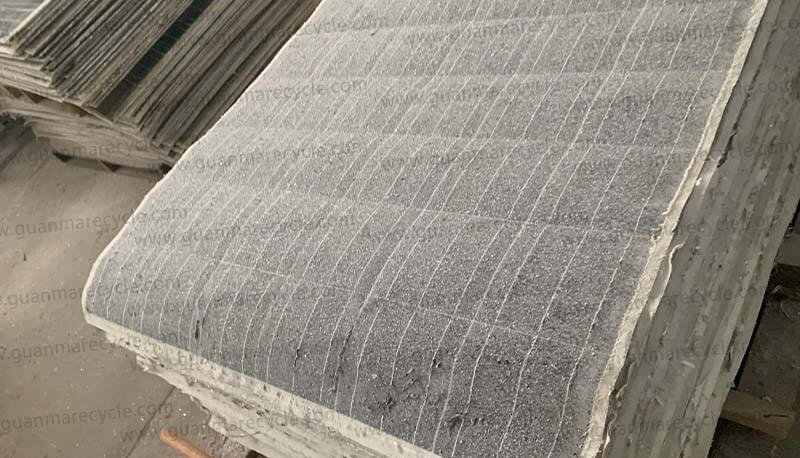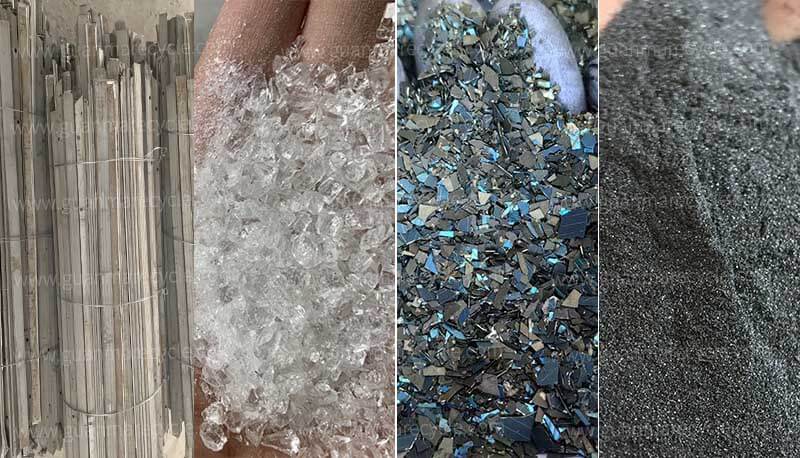Setting up an e-waste recycling plant in India is an investment that not only aligns with environmental sustainability but also holds immense potential for profit. However, it’s crucial to understand the costs involved in establishing such a facility to ensure the business runs smoothly from day one.
Importance of E-Waste Recycling in India
E-waste recycling plays a critical role in today’s world, especially in a country like India where the demand for electronics is ever-growing. The improper disposal of electronic goods is a significant environmental issue, contributing to pollution and loss of valuable materials. As a result, the need for proper recycling practices has never been greater.
Why India is a Promising Market for E-Waste Recycling
India generates a vast amount of electronic waste annually, with millions of old phones, laptops, televisions, and other devices being discarded every year. The recycling industry not only helps in reducing this waste but also provides a potential business opportunity in a rapidly expanding market.
Understanding E-Waste and Its Impact
What is E-Waste?
E-waste refers to any discarded electrical or electronic device, including computers, mobile phones, refrigerators, and televisions, that are no longer in use. These items contain valuable metals, such as gold, silver, and copper, along with hazardous materials like mercury and lead.
Key Components of an E-Waste Recycling Plant
Machinery and Equipment
The machinery used in e-waste recycling is critical to the efficiency and effectiveness of the plant. Common equipment includes shredders, crushers, magnetic separators. These machines help break down electronic devices, extract valuable metals, and separate hazardous components for safe disposal.
Labor and Facility Requirements
An e-waste recycling plant requires skilled labor, including technicians to operate machinery and workers for sorting, handling, and processing e-waste. The facility itself must be designed to handle hazardous materials safely and must comply with local environmental regulations.
Technology and Innovation
The latest technologies, including automated systems and advanced recycling processes, can improve the efficiency and profitability of an e-waste plant. Incorporating state-of-the-art technology can also ensure that the plant is able to meet increasingly strict environmental standards.
Waste Management Systems
E-waste recycling is not just about recovering valuable materials but also about ensuring the safe disposal of non-recyclable components. A robust waste management system helps minimize environmental damage and comply with safety protocols.

Factors Affecting the Cost of Setting Up the Plant
Plant Size and Capacity
The size of the plant will directly affect the investment required. Larger plants with higher capacity will naturally incur higher costs due to more extensive infrastructure, additional machinery, and increased labor.
Location of the Plant
Setting up a recycling plant in urban areas may involve higher real estate costs, whereas rural areas might have lower land acquisition costs but could face challenges in terms of logistics and access to markets.
Compliance with Environmental Regulations
India has stringent environmental laws, and obtaining the necessary permits and licenses can add significant costs to the setup process. Compliance with regulations related to air quality, water use, and hazardous waste disposal is essential for legal operation.
Availability of Skilled Labor
Skilled technicians are necessary for the operation and maintenance of recycling equipment. Depending on the region, labor costs may vary, and training programs may be required to ensure workers meet the industry standards.
Operational Costs After Plant Setup
Maintenance Costs
Once the plant is set up, ongoing maintenance costs will arise, including the upkeep of machinery, equipment, and the facility itself. These costs can vary based on the size of the plant and the technology used.
Labor and Training Expenses
Training new employees and providing regular updates for existing workers can also add to the ongoing costs of running the plant.
Setting up an e-waste recycling plant in India is a significant financial commitment, but it offers both environmental and economic benefits. With the right planning, technology, and understanding of the market, this industry can be a profitable and sustainable business opportunity. The key is to ensure that all regulatory requirements are met, invest in the right machinery, and stay updated with the latest recycling technologies.


